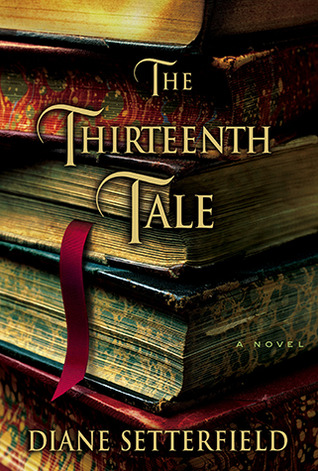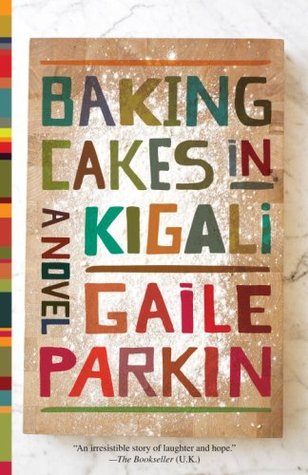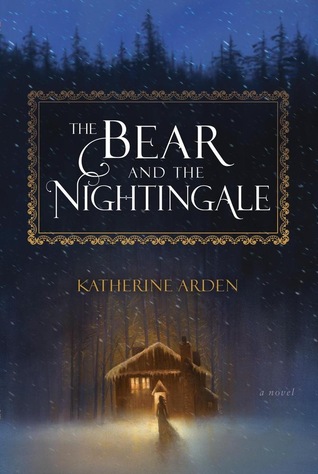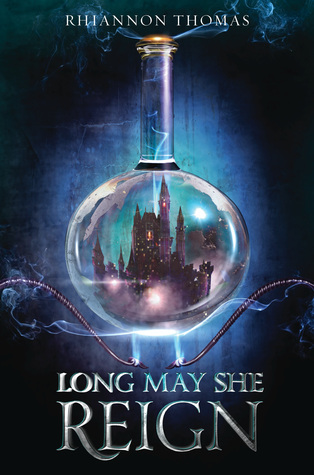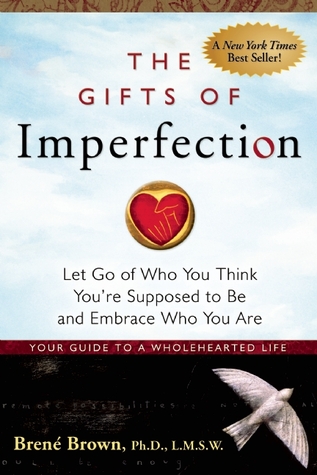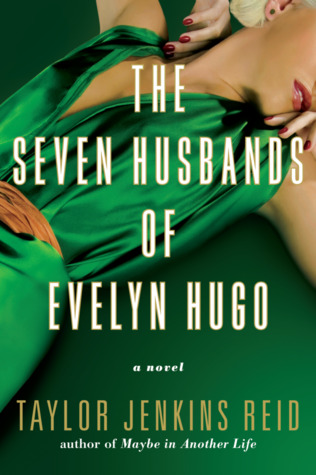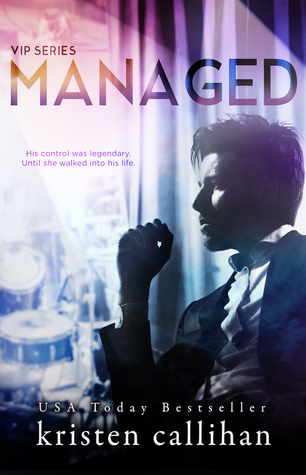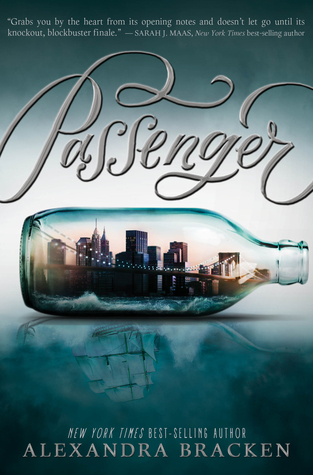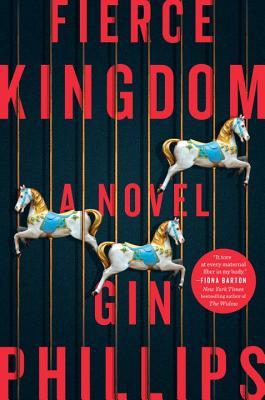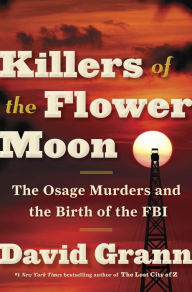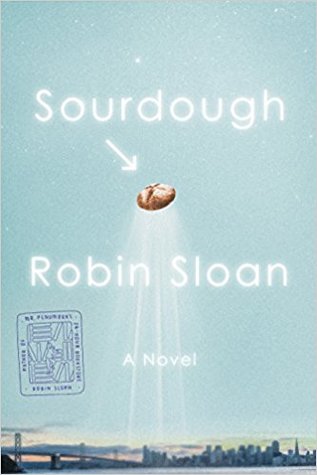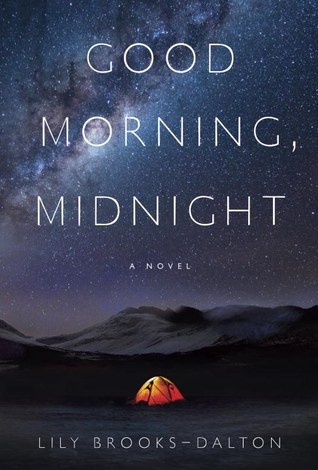 One day this past fall, I got stuck in a Youtube spiral. You know, you start watching one video--in my case, one of Lea Salonga performing "Own my Own" from Les Miserables--and soon you're going through one related video after another. I ended up, somehow, in chain of flash mob videos, including one of a performance of the "Hallelujah Chorus" in a food court. I'm not sure what kind of Youtube spirtal Rachel Joyce got stuck in, but it must have been a similar one, because I feel pretty confident that this book is one of those "What led to this moment?" ponderings.
One day this past fall, I got stuck in a Youtube spiral. You know, you start watching one video--in my case, one of Lea Salonga performing "Own my Own" from Les Miserables--and soon you're going through one related video after another. I ended up, somehow, in chain of flash mob videos, including one of a performance of the "Hallelujah Chorus" in a food court. I'm not sure what kind of Youtube spirtal Rachel Joyce got stuck in, but it must have been a similar one, because I feel pretty confident that this book is one of those "What led to this moment?" ponderings.Set mostly in the late 1980s, the main character in this story is Frank, the owner of a music shop in England that only sells vinyl in a time when CDs are becoming all the rage. When a young woman faints outside his shop one night, Frank finds himself seemingly tied to her as she comes back again and again, and finally asks him to teach her about music the way he sees it--in a way that was influenced by his eccentric and neglectful mother--though Frank knows there can't be any romance, because Ilse has a fiance. Filled with quirky characters such as Kit the accident-prone assistant manager, the man who only likes Chopin, the ex-priest Father Anthony who owns a religious souvenir shop, and Maud the grumpy tattoo artist who is secretly in love with Frank, this is also the story of a crumbling but loving community that makes up the nook of Unity Street. The chapters each focus around a song or cluster of songs, with Frank giving new insight into people on how to live and feel through the music that he finds for them. But for Ilse, even with her lessons, he hears only silence.
This is a cute story. Frank's devotion to vinyl isn't blind, he has reasons for it, and hey, vinyl is even making a comeback in our current days, when most of our music is purchased and consumed through our computers and phones! (This is touched on later in the book, as well.) I did feel like the "Hidden Track" segment at the end was unnecessary, but maybe that's why it's labeled as a hidden track instead of an epilogue--it's not necessary to listen to it/read it, but you can if you want to. Though the "sides" of the story, which make up the parts, gave me a very strange mental picture. Rather than having just two "sides," like a record, there are three or four--which would make a very oddly-shaped record indeed.
The discussions of music that both Frank and his mother, Peg, lead throughout the book are by far some of its strongest points. They make you think of music in new ways--about the sounds that underlay the main melody, about the way the instruments are used, about the silence that precedes and follows and sometimes pauses a song. The atmosphere of Unity Street is intriguing--the struggling community being menaced by Big Development, and not really being able to keep going despite their willpower to do so. The close-knit connections of the people here provide the heart for the story, even when things seem to be going badly. But some of it is definitely overblown. Kit's clumsiness, for example, is never ending and completely exasperating, and while it leads to a catalyst for the story, I found myself rolling my eyes in exasperation at him rather than laughing for his antics after just a few chapters. And the climax of the book, while lovely, definitely stretched the bounds of suspension of disbelief. Additionally, Frank and Ilse's love (because yes, of course there is love even though Frank is convinced it can't be) is of the instant variety, which means that the back-and-forth between them for most of the book feels excessively dramatic.
Overall, a cute book, but one I'm not sure I would reach for again. After all, if I want to get the feeling of that climactic scene, I can just head over to Youtube.
3 stars out of 5.


